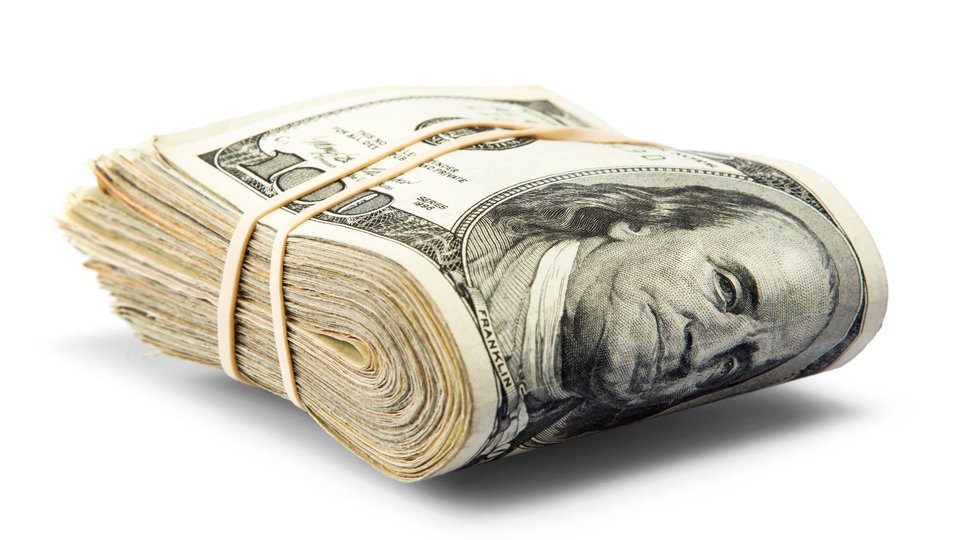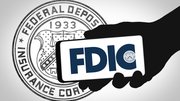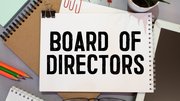Payments
What are the advantages of using cash?
What's the advantage of cash in 2025? Read more to find out.

January 17, 2025 by Bradley Cooper — Editor, ATM Marketplace & Food Truck Operator
There's a lot of buzz around the topic of cash and whether it will survive as a payment method. In light of digital wallets, debit cards and other payments tools, many ask what are the advantages of using cash?
This question is especially pertinent to those in the banking space considering investing in teller cash recyclers, or ATM operators looking to run a successful business.
There are several key advantages for consumers to use cash. Here are three in particular.
Cash advantage no. 1: It's not going anywhere
While cash usage certainly has decreased, it has not disappeared completely, and data backs this up.
The Federal Reserve Bank does an annual study called theDiary of Consumer Payment Choice. It found that monthly cash payments remained steady at seven cash payments per month. Interestingly enough, this trend has remained steady since 2020, which saw the biggest drop in cash usage in the U.S. due to concerns over cleanliness during the COVID 19 pandemic.
Haley Gibson, senior manager of cash insights and policy analysis at the Federal Reserve Financial Services, said that 18-24-year-olds use cash four times monthly; however, the vast majority do still plan to continue using cash in the future. In fact, only 16% said they plan to stop using cash. In addition, lower income households rely on cash more than other groups.
Gibson believes the COVID data shows "there's a floor to cash usage in the U.S." and cash "isn't going away anytime soon."
In addition, the diary showed that the amount of cash customers held on hand increased compared to before the pandemic.
"Cash held in one's pocket, purse or wallet remained elevated at $74, compared to $60 before the pandemic," the Diary stated.
As a result, cash will remain a viable payment tool for the foreseeable future.
Cash advantage no 2: It's useful for budgeting
Budgeting is a major issue in American households. In fact, many Americans hate the term itself. A report by CNBC states that although around 68% of customers want to budget, 40% say they never have had a budget. Sun Wealth Group Partners said that more than 60% of its clients "feel as if they're literally going to suffer" due to budgeting.
It's best when tackling a complex subject like budgeting to use an easy tool, and cash has a big advantage here compared to other payment methods.
By keeping a set amount of cash on hand and only using it for certain purchases, such as snacks, gas or groceries, customers can carefully budget, since they can only spend what they have on hand.
One such method is called cash stuffing. With this technique, customers get together envelopes and label them with certain expenses, such as food, transportation, savings or fuel. They then put cash in those envelopes and use it for those purchases that month.
"Because you're keeping all of your spending money in envelopes, it's easy to see how you're doing over the course of the month. If there's only a little money remaining in your food envelope but a lot of the month left, that's your cue to take it easy on the takeout," a blog post from Fidelity stated.
"Inflation is driving higher withdrawal amounts. With the cost-of-living increase, consumers have become more reliant on cash to help them stay within their budget," Jodi Neiding, VP, Americas Banking Potfolio, Diebold Nixdorf said in an email interview.
Canada's Financial Consumer Agency states that by using cash, customers can avoid interest or fees or even receive a discount from some merchants. Due to card fees, some merchants may either refuse to accept cards for smaller purchases or may put an upcharge on the purchase. Cash can circumnavigate that.
In addition, by using cash, customers can avoid paying high interest rates or fees from credit cards.
Cash advantage no 3: It's secure
Customers want to have control over their purchases and not have undo oversight. Cash provides obvious security over card purchases or other tools, as it doesn't create a paper trail.
Cash Matters points to a variety of reasons why someone would want to use cash such as:
- Avoiding data mining.
- Putting away cash in case of having to flee an abusive relationship or situation.
- Avoiding identity theft.
However, its security goes beyond just privacy. It is a secure method of payment regardless of any infrastructure. For example, it does not rely on having any internet service, POS system or even electricity. Many businesses have had to switch to cash or close for the day when there is an outage with their payment systems.
This is why some small businesses see cash as a major advantage. For example, farmer's market stalls, food trucks, street vendors or performers may operate on cash only to avoid having to install or utilize any complex payments systems, according to a blog post from Sumup.
It also offers a secure payment method for those without access to banking services, both physical and digital.
"Cash will remain essential for those without access to digital banking," Neiding said. This is especially the case in banking deserts where there are no major physical branches nearby.
"As more non-traditional outlets for banking continue to rise, we still predict cash to serve as a trustworthy mode of payment for all consumers around the world, even as physical and digital channels continue to merge," Neiding said.
Conclusion
Of course cash does have its drawbacks. For example, some businesses may not accept cash, and it may not be convenient to carry large amounts of cash in your wallet or purse. However, cash remains advantageous for a variety of reasons. It is stable and will be around for a long time. It is useful for budgeting and it remains a secure form of payment even when other payment systems stop working.
About Bradley Cooper
Included In This Story
Diebold Nixdorf
As a global technology leader and innovative services provider, Diebold Nixdorf delivers the solutions that enable financial institutions to improve efficiencies, protect assets and better serve consumers.
 ChatGPT
ChatGPT Grok
Grok Perplexity
Perplexity Claude
Claude












